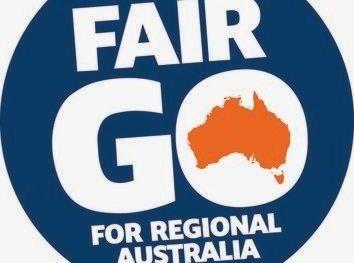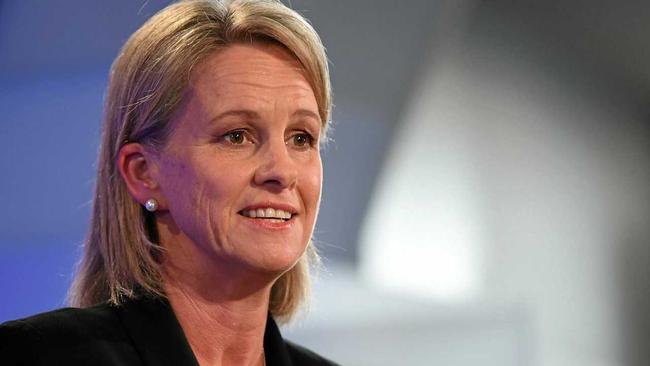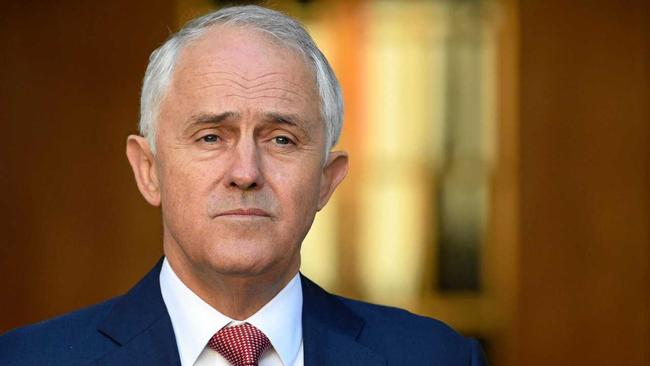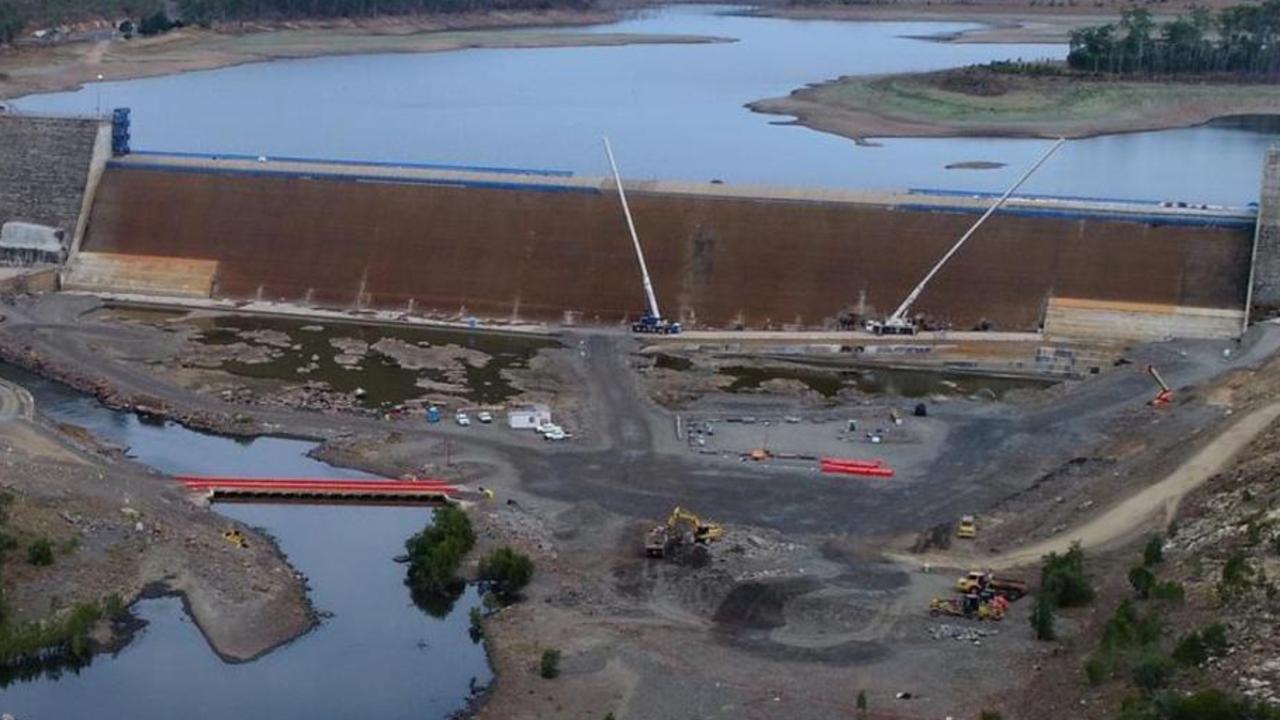Fair Go! Regions to become "powerhouse" with 13-year plan
REGIONAL Australia will become a new economic powerhouse, driving employment, infrastructure and population growth under a 13-year masterplan.

Central & North Burnett
Don't miss out on the headlines from Central & North Burnett. Followed categories will be added to My News.
REGIONAL Australia will become a new economic powerhouse, driving employment, infrastructure and population growth under a 13-year Turnbull Government masterplan.
Under the Regions 2030: Unlocking Opportunity,the government will focus on five key pillars: economic development, infrastructure, health, education and communications.
It follows more than a year of campaigning from News Corp's regional daily newspapers to deliver a Fair Go to the regions.
The campaign transformed the federal election with a series of damning revelations of funding neglect across Australia that had shortened life expectancy, undermined educational outcomes and lowered living standards in regional areas.
Now, the government has acknowledged that the traditional "one size fits all" approach to regional development has failed.
Instead, it proposes to deploy more than $9 billion worth of funding announced in last week's Federal Budget more strategically.
Regional Development Minister Fiona Nash said it was about having a vision for what regional communities should look like in 20 years.
"It's about making sure we create both careers and jobs in our communities so our children and grandchildren can lead fulfilling lives," she said at the policy's Broken Hill launch.

"It's about developing ways our young people can receive an excellent education without leaving the community they grew up in.
"It's about building the kinds of communities our children and grandchildren either want to stay in or come back to."
Eighteen new initiatives including decentralisation of public sector departments, the 1700km Melbourne to Brisbane Inland Rail project, suicide prevention trials and $242.3 billion for schools were outlined as priorities.
The Regional Australian Ministerial Taskforce, chaired by Malcolm Turnbull, continue meeting during its development.

Ms Nash said the taskforce's objective was to turn regional Australia into its own economic powerhouse and get city people to recognise its enormous value to the nation.
"Regional development is about much more than just grants and programs," she said.
"It's also about lifting the profile of regional Australia and creating awareness of the fact every Australian owes their lifestyle to regional Australia.
"Regional Australia provides the water city people drink, the milk on their breakfast, the meat and vegetables for dinner, the gas to cook dinner and heat water, and the electricity which powers their households."
But Shadow Minister for Regional Services Stephen Jones said more than a glossy brochure was needed to address the growing inequality between regional and urban Australia.
"This starts with a decent job and almost 18,000 public sector jobs have been cut by the Turnbull Government across the Department of Human Services, Australian Taxation Office and CSIRO, including many in regional Australia," he said.
"While queues for government services are growing, continuing to cut public sector jobs in the regions must stop.
"If the minister was genuine, she would be asking for regional cities and towns to be quarantined from the Centrelink job cuts announced in the budget last week."
Five key areas and their initiatives
Jobs and economic development: decentralisation of Australian Government jobs from metro areas, Enterprise Tax Plan, Regional Investment Corporation, $100 million Advanced Manufacturing Fund, Digital Earth Australia, $98 million Career Transition Assistance Program
Infrastructure: Brisbane Inland Rail project, $10 billion National Rail Program, Building Better Regions Fund, investment into major projects to unlock the potential of regions
Health: innovative and flexible delivery of mental health, suicide prevention trials, expansion of Royal Flying Doctor Service's dental service
Education: one-year extension to National Partnership Agreement on Universal Access to Early Childhood Education, Jobs for Families Child Care Package, $242.3 billion for schools, $15 million to establish up to eight community-owned, regional study hubs
Communications: investigating options to improve data caps for customers in the Sky Muster satellite service, work with key stakeholders to develop new suite of business products that would be suitable for agricultural sector


